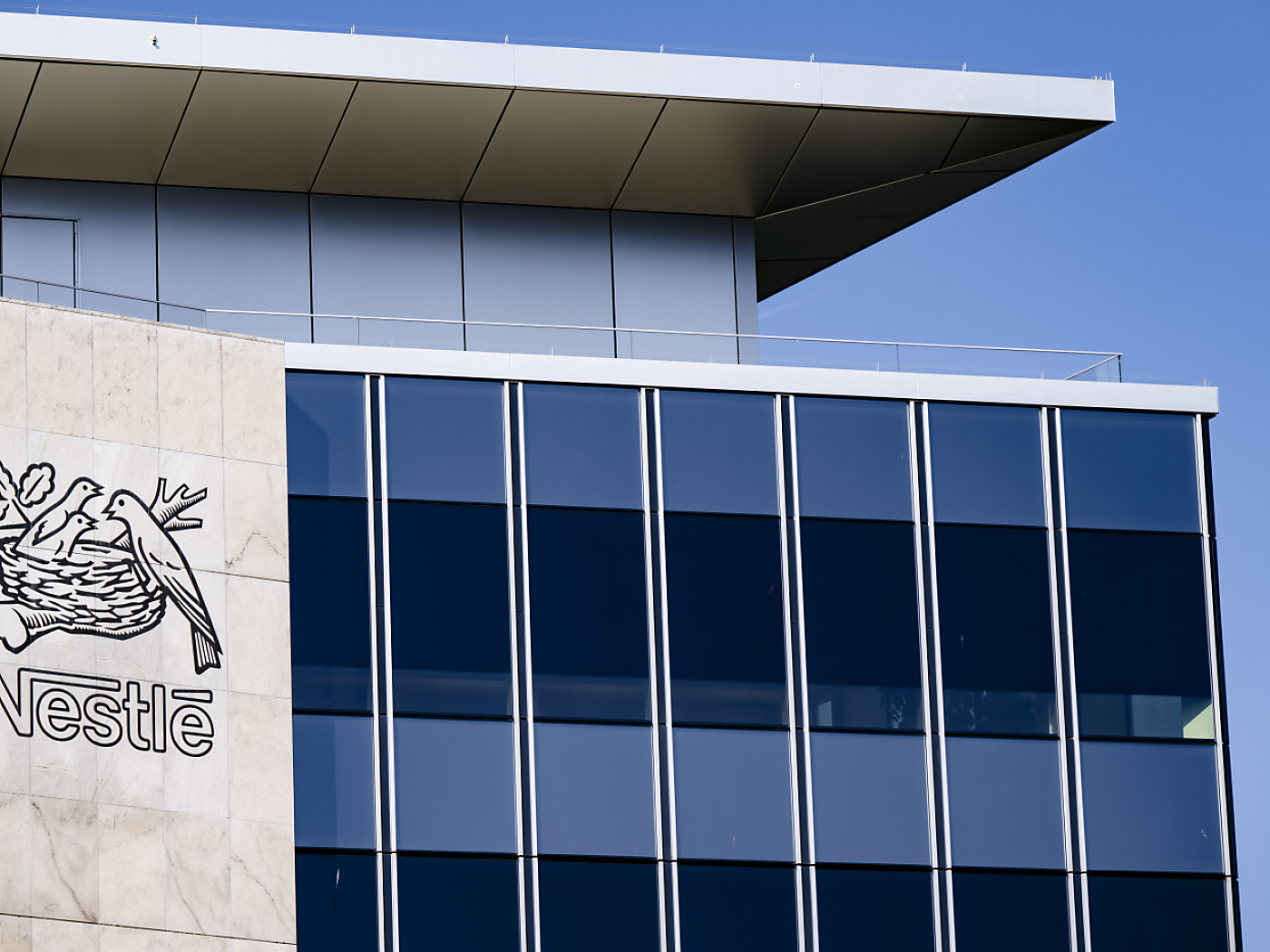
Swiss food giant Nestlé to invest millions in Nescafé in Spain

The Swiss multinational Nestlé's Spanish subsidiary is to invest €15 million (CHF14.3 million) in its Nescafé factory, which produces instant coffee and Nescafé Dolce Gusto capsules, in Girona near Barcelona. The aim is to develop more recyclable packaging.
+Get the most important news from Switzerland in your inbox
Nestlé has already begun construction of two new packaging lines that will allow the use of recyclable materials, minimising the use of virgin plastics and working with more energy-efficient machines, a Nestlé Spain spokesperson told financial news agency AWP, confirming a report in the Spanish press.
+ Nestlé aims to boost brand in search of growth
The work should be completed by the end of the year, she added.
This investment will enable Nescafé refill sachets to be produced in the country for the first time. These soluble coffee sachets, manufactured in Switzerland and transported to Spain from 2022, offer customers a more sustainable alternative to Nescafé’s usual glass and plastic containers, the group claims.
Nestlé also plans to build a new high-performance line at the site for small Nescafé sachets made from a single recyclable material. The new line will have a production capacity of 1,200 sachets per minute for the retail and hospitality sectors, and is expected to reduce the use of virgin plastic by 60 tonnes per year.
+ Nestlé Waters on trial in France over illegal waste dumps
Operating since 1968, the Girona plant employs over 900 people and exports 84% of its soluble coffee and 75% of its Nescafé Dolce Gusto capsule production to 56 countries.
Translated from French with DeepL/gw
This news story has been written and carefully fact-checked by an external editorial team. At SWI swissinfo.ch we select the most relevant news for an international audience and use automatic translation tools such as DeepL to translate it into English. Providing you with automatically translated news gives us the time to write more in-depth articles.
If you want to know more about how we work, have a look here, if you want to learn more about how we use technology, click here, and if you have feedback on this news story please write to english@swissinfo.ch.

In compliance with the JTI standards
More: SWI swissinfo.ch certified by the Journalism Trust Initiative

























You can find an overview of ongoing debates with our journalists here . Please join us!
If you want to start a conversation about a topic raised in this article or want to report factual errors, email us at english@swissinfo.ch.